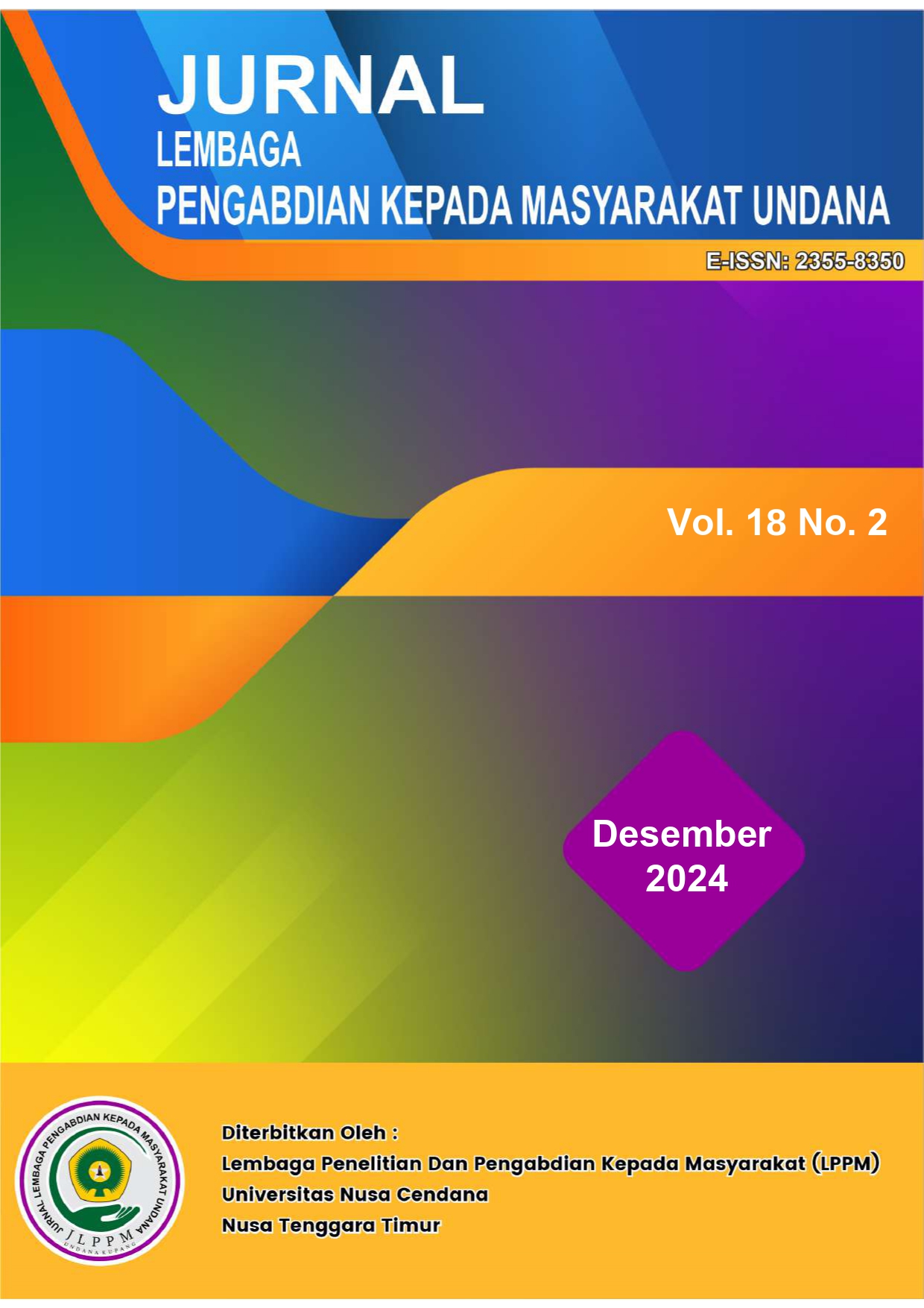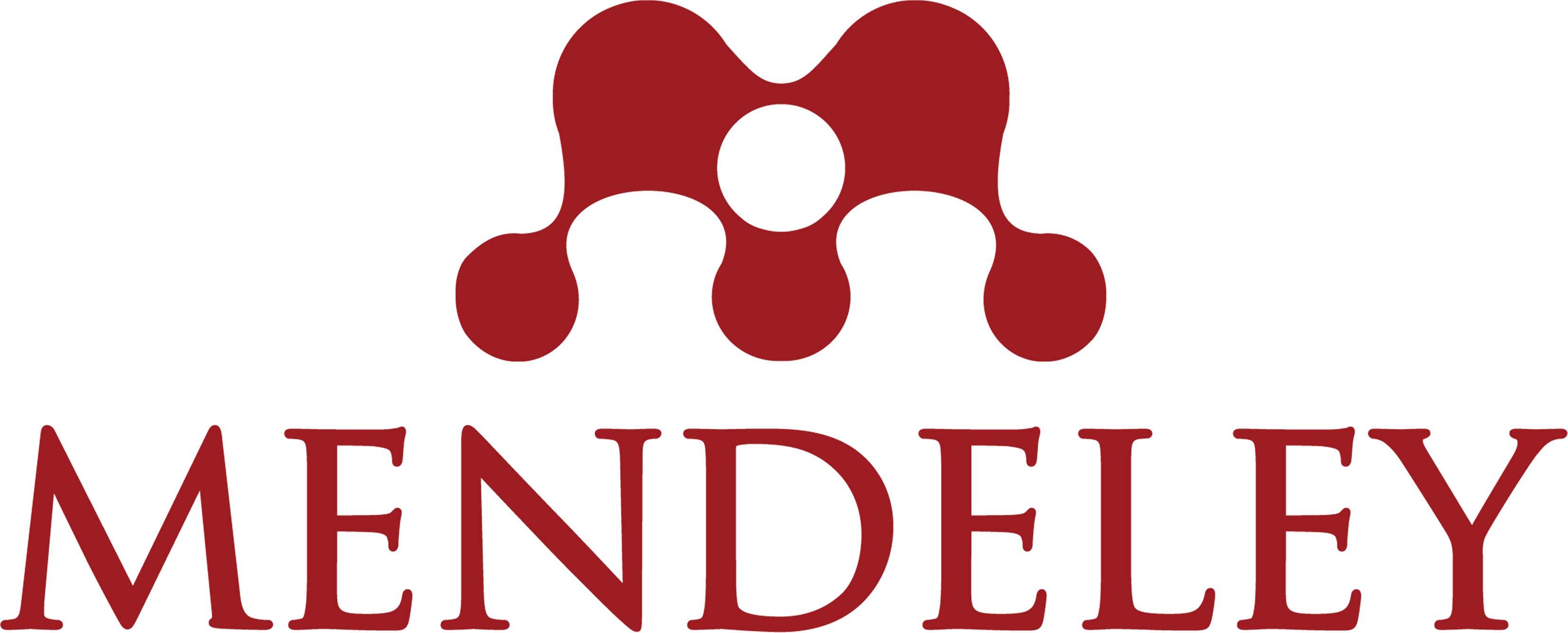TEKNOLOGI SOSIALISASI INOVATIF UNTUK PENGELOLAAN SAMPAH PLASTIK SEBAGAI PILAR EKOWISATA PULAU MAITARA
Abstract
Maitara Island, as a potential ecotourism destination in Tidore Islands City, faces serious challenges in managing plastic waste that could threaten its environmental sustainability. This research aims to develop innovative socialization technology to enhance public awareness and behavioral change in plastic waste management through recycling practices.
The research uses a mixed-methods approach (qualitative and quantitative), involving 100 respondents from the community of Maitara Island who were selected through purposive sampling. Data were collected through in-depth interviews, participatory observation, and surveys using questionnaires. Qualitative data analysis was conducted using thematic analysis techniques, while quantitative data was analyzed using descriptive and inferential statistics.
The research results show that the applied socialization technology increased the community's understanding of the importance of recycling by up to 85% and encouraged 70% of respondents to practice waste sorting at home. This technology also reduced the volume of unmanaged plastic waste by 30%, supporting the sustainability of Maitara Island as an ecotourism destination.
This research provides a theoretical contribution to the literature on technology-based social change and offers a practical model that can be adapted in other regions. The social implications of this research include empowering local communities and strengthening technology-based environmental sustainability initiatives.

 Mutmainnah Ridwan(1*)
Mutmainnah Ridwan(1*)






